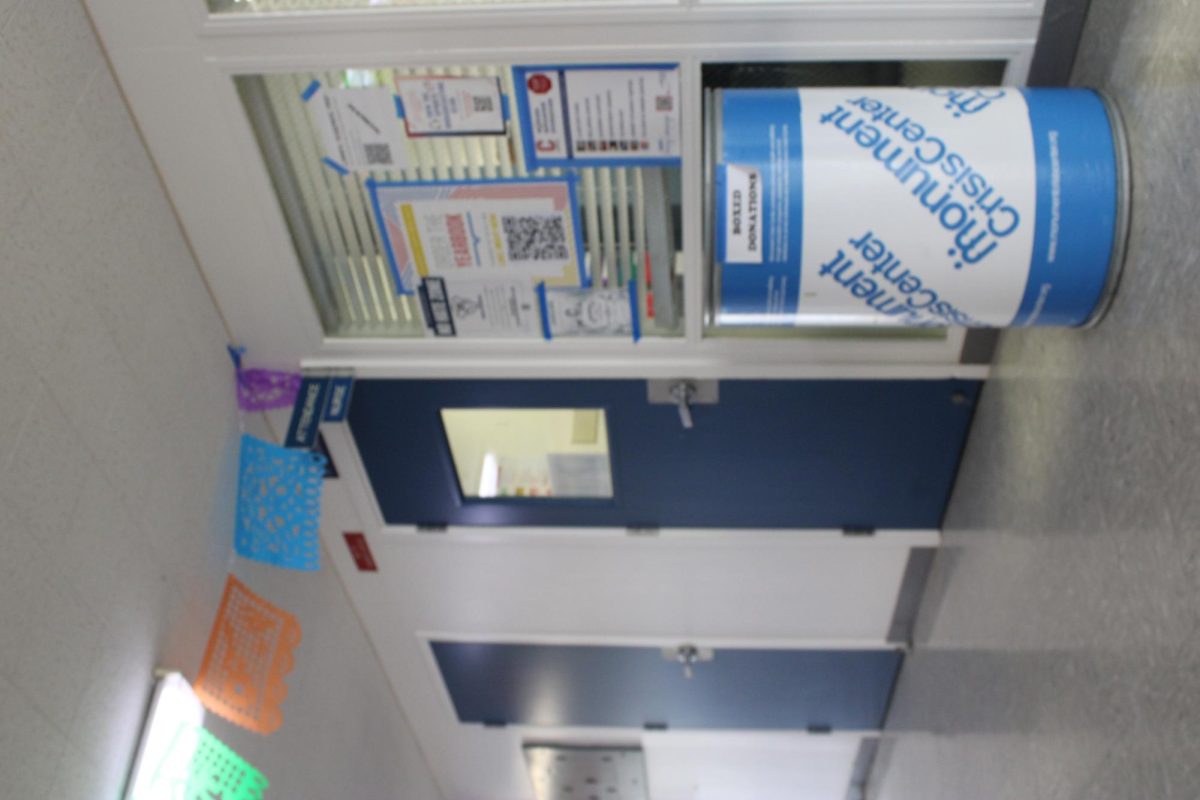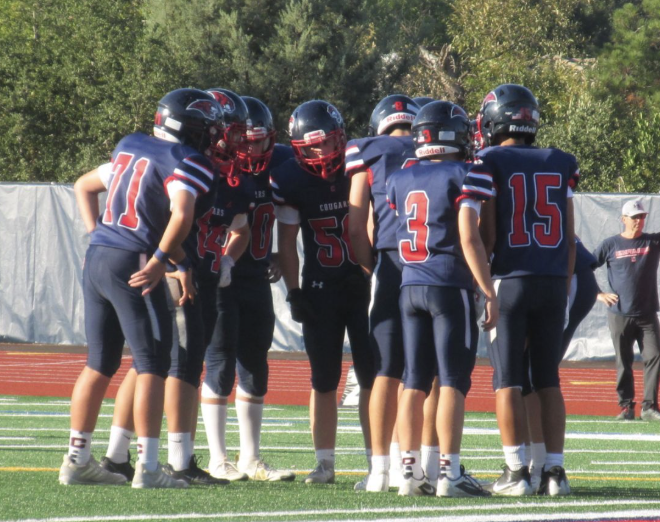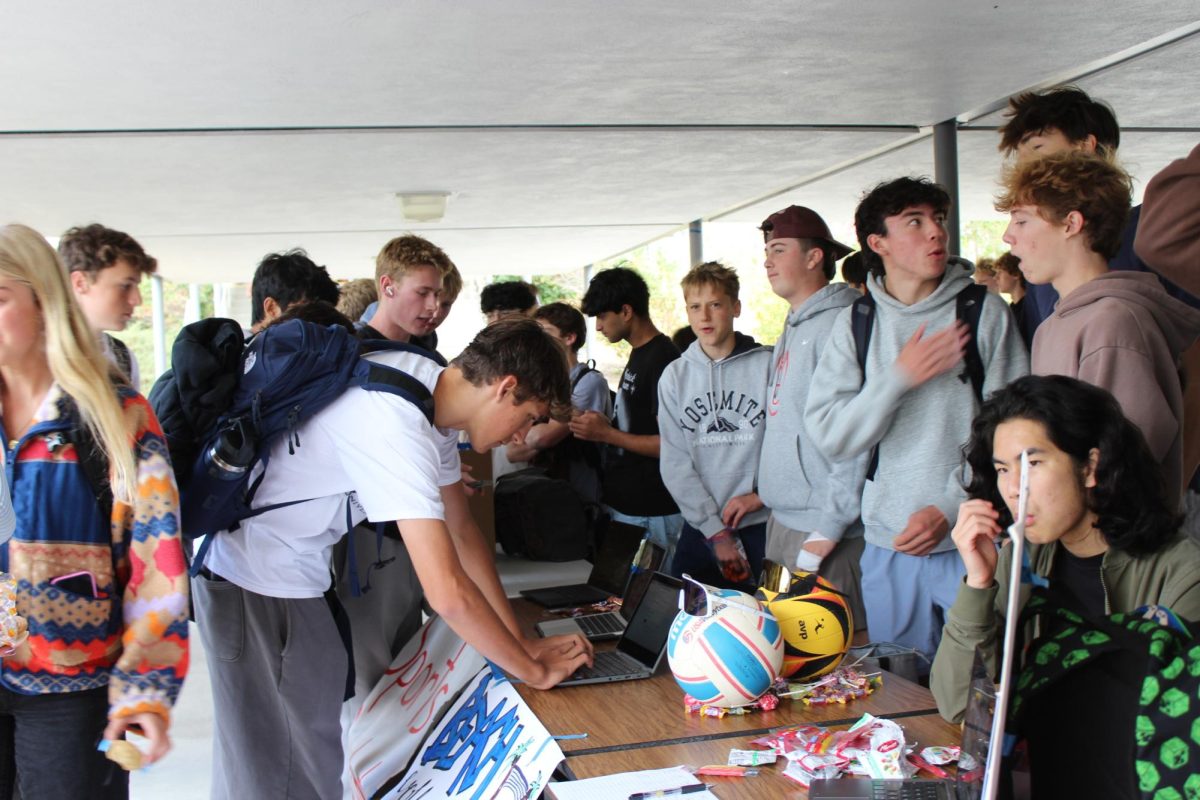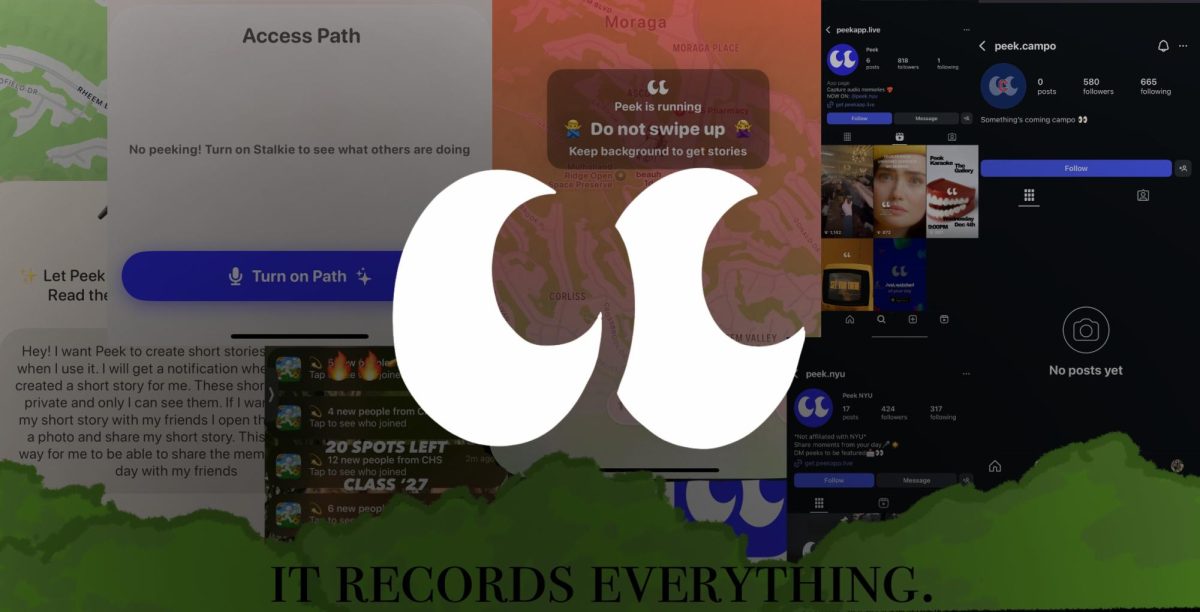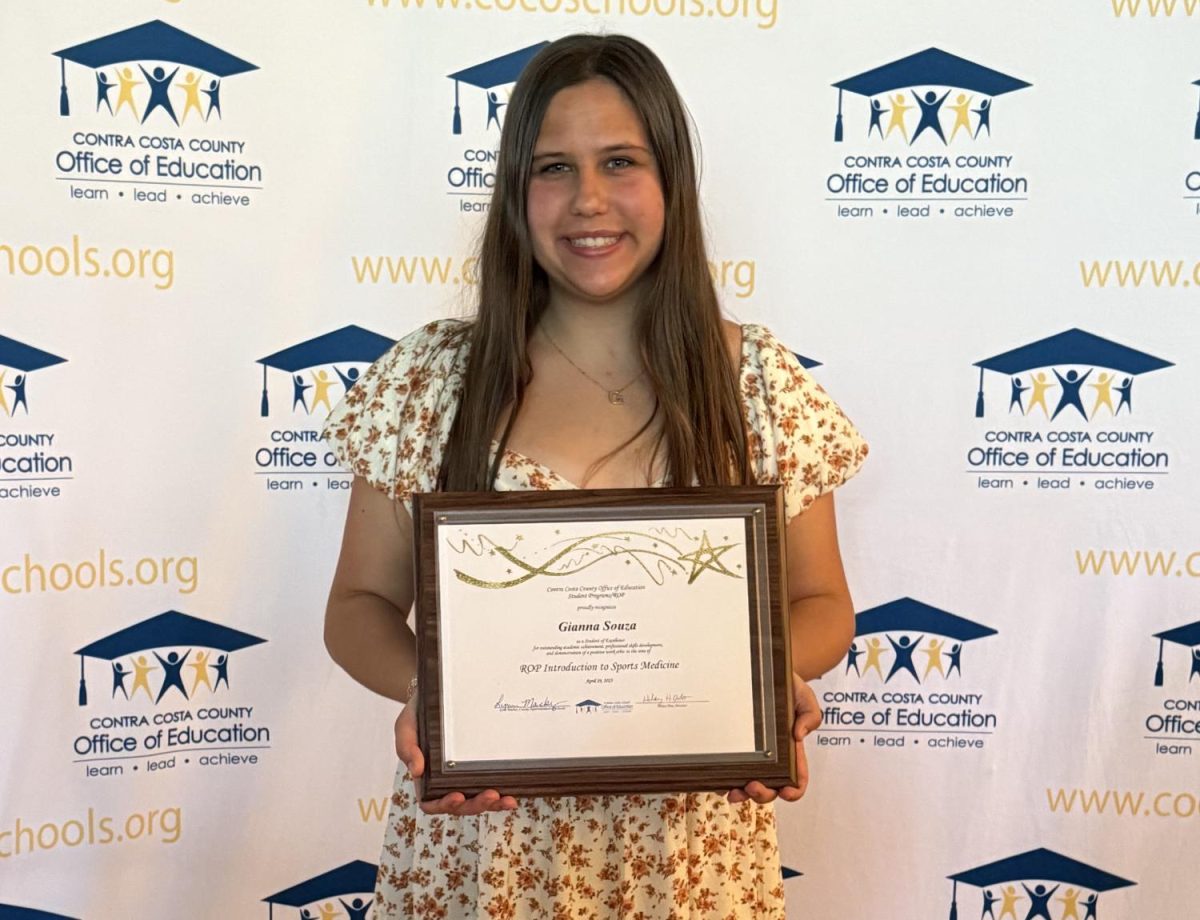Economics students are learning about what it truly takes to live as an adult. Through the Real World Project, which is a simulation of real life responsibilities, students choose occupations, pay taxes, and figure out basic necessities for living in the Bay Area.
The Real World Project has been used at Campo for decades, according to Economics teacher Paul Verbanszky. Students are designated “roommates” and collaborate on budgets for rent, utilities, transportation and various other expenses such as medical and education. All seniors in regular economics classes will take part in this simulation.
According to Verbanszky, there are several main goals he wishes to accomplish with this project in his classes. “[My goals are] to raise student awareness of being in a consumer economy and have them be able to understand what it costs in the real world…and for seniors getting the chance to reflect on what [they] want to do with [their] lives,” he said. In addition to the basics of the project, Verbanszky also has his class learn about taxes, credit cards, and resume-writing, with the objective being to clarify the difference between “quantity of money versus quality of life.”
As for occupations, students are required to search for real jobs available in the Bay Area. According to Verbanszky, the most popular jobs selected have been web designers and sales associates. He said, “Some just want the coolest job that can be found. There’s a person who is a tattoo artist, some engineers, teachers, and nurses.” He also added, “The people who pick jobs that they really want [in the future] get the most out of the project.”
Verbanszky believes that the project is an important eye-opening experience for students. Senior Joey Lederman shares this sentiment. “It [is] interesting to see how I can gauge my success in the future, how my path will go, how I’ll end up,” he said.
Seniors Marissa Chan and Becca Crisp both find the project informative. Chan said, “It was interesting finding out how much everything actually costs in the Bay Area.” Crisp said, “It was surprising how much less you actually make after taxes and how you don’t really think about how much goes into gas, water, and other costs. You really realize how much your parents have to deal with and respect what they are dealing with on a day-to-day basis.”
Both Chan and Crisp chose to be physical therapists. Crisp said, “Some people choose the highest paying jobs and some people want to make it realistic. I want to do something in the medical field, and physical therapists make a good amount of money.”
